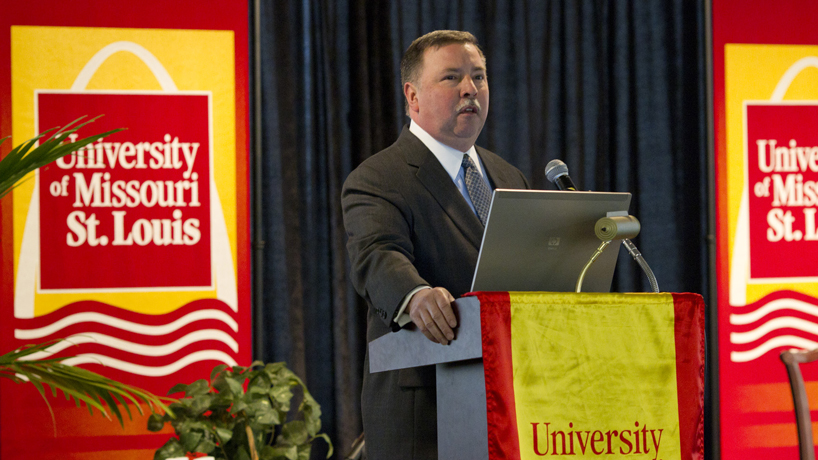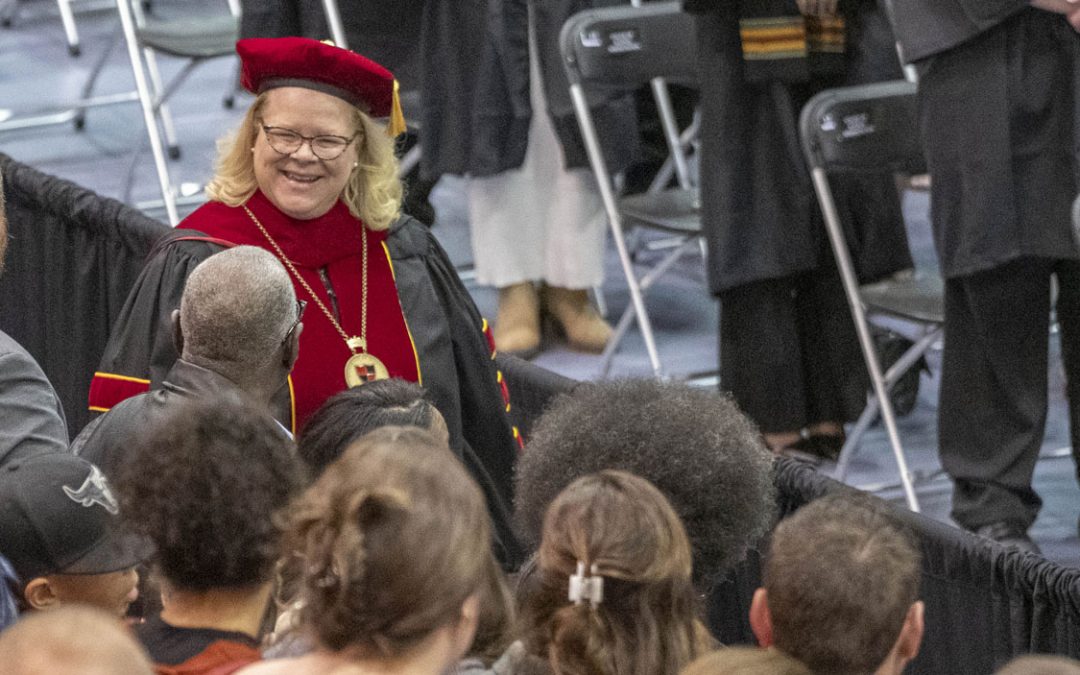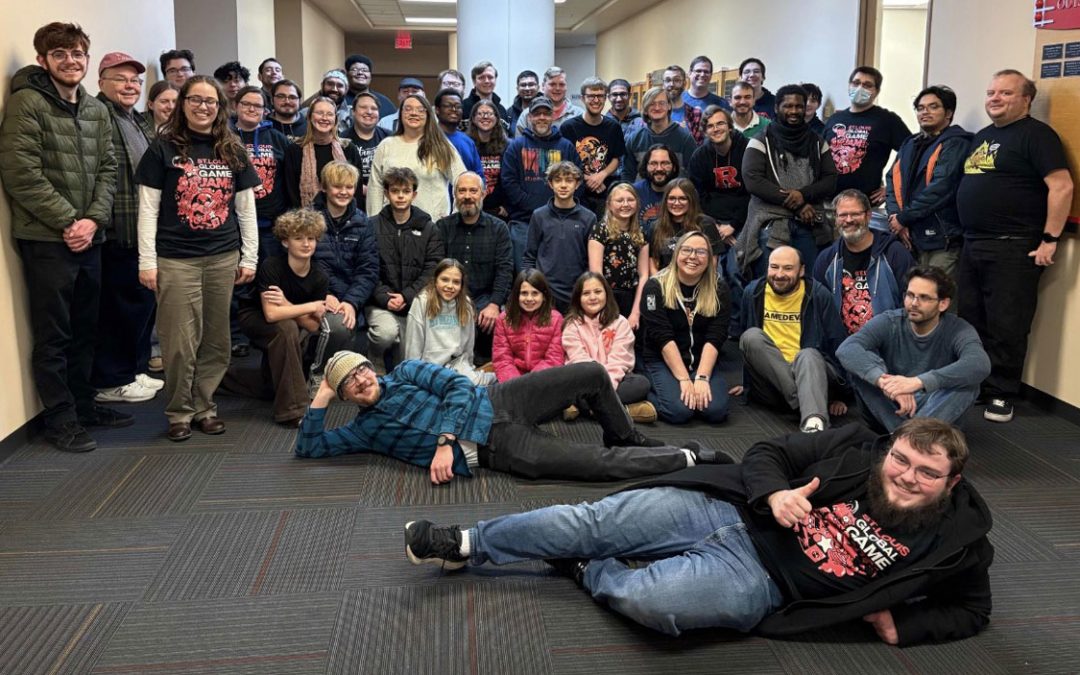George Paz graduated from the University of Missouri–St. Louis with a bachelor’s degree in business administration and accounting. He’s now the CEO of Express Scripts, a company located just across the street from his alma mater. Express Scripts is the largest pharmacy benefit management company in the country. Paz started working there in 1998, as senior vice president and chief financial officer. He moved to the position of president and eventually became chief executive officer in 2005.
What was your time at UMSL like?
Our family did not have significant financial resources. In fact, you could say we were poor. But my father strongly believed that education was the ticket to a better life and encouraged us to pursue college. UMSL was the right choice for my brother and me, as it gave us the opportunity at a first-rate education that we could afford. I worked during my time at UMSL and, just as it is today, the school is very flexible in accommodating students who work their way through school.
Did you know during your time at school that you would use your business degree in the health care industry?
I’m not sure anyone knows precisely which way their career will go when they are in college. I’m not any different. I focused on accounting because I was good at math, enjoyed business and liked going through financial reports to understand how businesses work. Okay, that may sound boring or tedious, but it’s essential to successfully running a business in any industry.
What is one of the most important things you learned during your time at UMSL?
In addition to getting a good education in business and accounting, I learned a lot about myself and what I thought I could do with my life. UMSL was a great preparation for what I would experience in the business world and opened my eyes to opportunities and a future that I wouldn’t have otherwise imagined.
What other jobs did you hold before Express Scripts?
Before coming to Express Scripts, I was a partner at Coopers and Lybrand, LLP (now PricewaterhouseCoopers) and had served as the chief financial officer of Life Partners Group, Inc. While I was at UMSL, I worked at a Steak ‘n Shake in St. Louis. I eventually became a manager there while working through school. In all honesty, the lessons in leadership I learned at Steak ‘n Shake have served me well throughout my career.
What has been your vision for Express Scripts since you joined?
Express Scripts has a unique opportunity to drive real meaningful change in health care. If a company can marshal its resources to control costs, drive out waste and improve health outcomes, then that company is going to be successful for the long-term. That’s what we’ve done at Express Scripts. We are proud to have more than 3,500 clients and serve around 90 million people. Our vision has always been on doing what’s best for patients, and we have built our company to be the best at making the use of prescription drugs safer and more affordable.
You have doubled the size of the company. How did you do this?
Over the past two decades, we have built Express Scripts in a strategic, planful way. Each acquisition we have made has always been with a future state in mind. We may not know exactly what the future will bring, but we know enough to predict what we will need to be successful. We have been fortunate to add great people, processes and capabilities that have helped us grow into the industry leader we are today.
What do you believe is the most effective business model?
Our business model of alignment works for everybody — our clients, our patients, our shareholders and our employees. It’s very simple: We make money when we save money for clients. When we do that well, it means companies and health plans can provide a good pharmacy benefit to their members. It means patients can get more cost-effective prescription drugs and have better health. And, it means that our company continues to grow and delivers solid results for our shareholders.
This article originally appeared in SPECTRUM magazine, a publication produced by the University of Missouri System.















